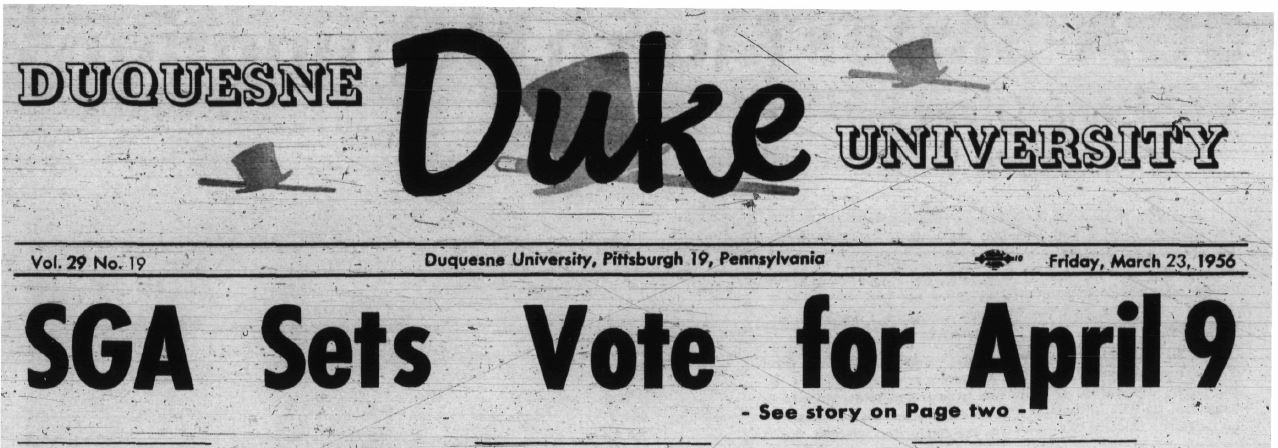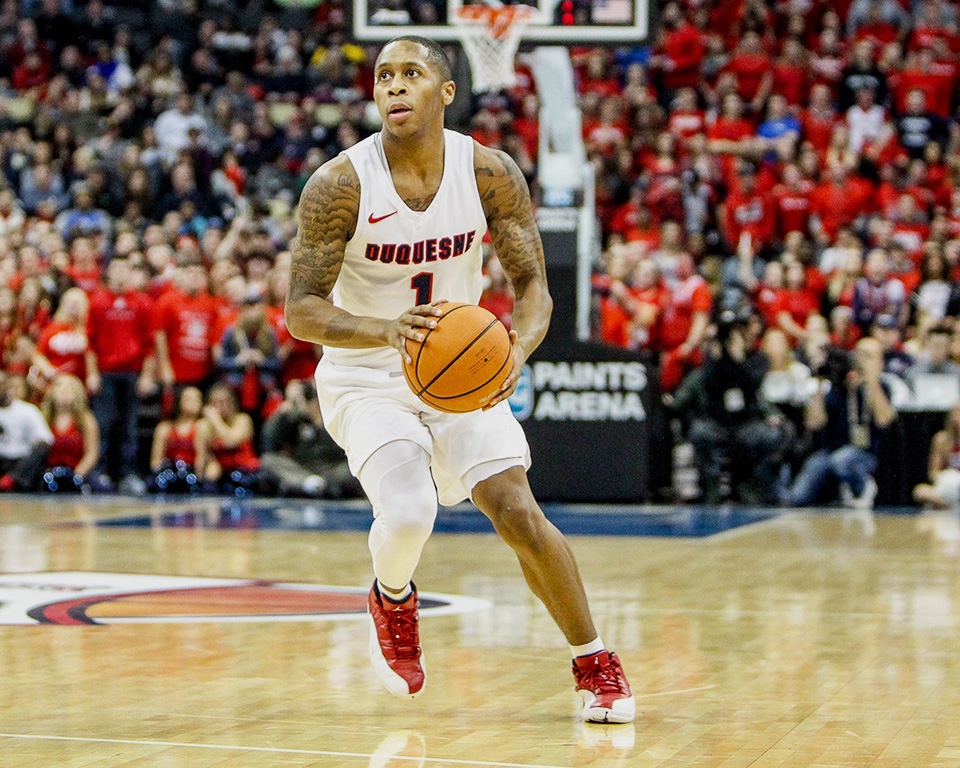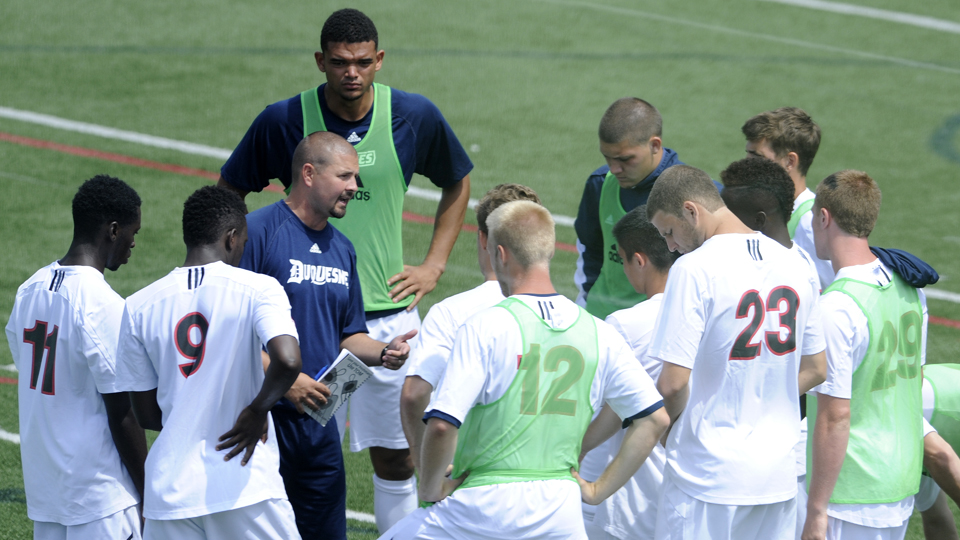By Duke Staff
One hundred-fifty years ago, our nation enslaved a population of people because of the color of their skin. Seventy years ago, African-Americans were banned from Major League Baseball. Today, Americans look back and say, “What were we thinking?”
On Feb. 9, Missouri defensive end Michael Sam, a prospect in the upcoming NFL Draft in April, told the world he is gay in an interview with the New York Times’ John Branch.
Sam, who led the Southeastern Conference in sacks last year for a Missouri team that finished 12-2 and knew since August of his sexuality, is a projected mid-round pick.
Sports Illustrated’s Peter King spoke to a number of general managers, who asked to remain anonymous this week about the subject.
One general manager said, “The question you will ask yourself, knowing your team, is, ‘How will drafting him affect your locker room?’ And I am sorry to say where we are at this point in time, I think it’s going to affect most locker rooms. A lot of guys will be uncomfortable. 10 years from now, fine. But today, I think being openly gay is a factor in the locker room.”
Does this anonymous general manager have a point? Perhaps, given that Sam is months away from being the first publicly gay player in a league that embraces and celebrates a distinct macho-man mentality.
But Sam’s sexuality has absolutely nothing to do with his athletic capabilities, which is precisely why this shouldn’t be an issue. Given the growing support the LGBTQ community has received and legislation that has legalized gay marriage in a number of states, this was inevitable.
In 1947, Brooklyn Dodgers general manager Branch Rickey made Jackie Robinson the first African-American man to play in the big leagues. Robinson endured an inhumane amount of hatred years after his debut, but paved the way for generations of African-American boys with dreams of playing professional baseball in proving that the color of his skin had nothing to do with his abilities.
Though Sam’s announcement comes at a different time in American history, he also faces some tough days ahead. A majority of America couldn’t care less about his sexual preferences, but the majority does not consummate the whole.
What makes him significant is that he is the first. He’ll have to answer questions and endure criticism of the timing of his decision, but if just one league executive selects Sam on draft day, he’ll suit up next season and prove that his sexuality has no impact on his performance.
And one day soon, Americans will again look back and ask, “What were we thinking?”




